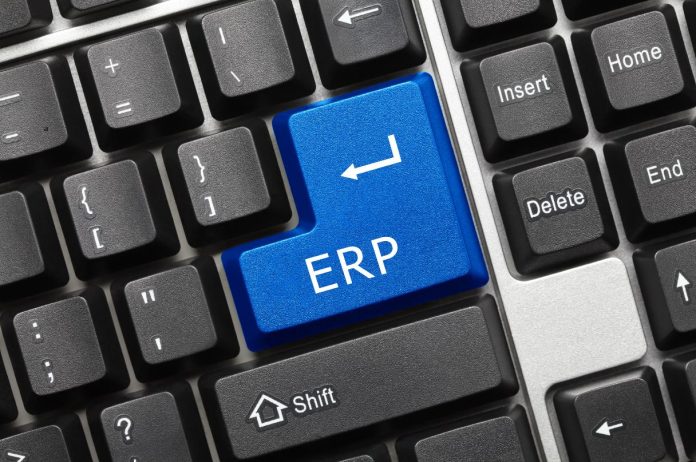A Reforma Tributária Brasileira, prevista para entrar em vigor no início de 2026, inaugura uma nova era no sistema fiscal do país. Embora prometa simplificação, transparência e eficiência, impõe, no curto prazo, uma complexidade sem precedentes com implicações jurídicas, operacionais e financeiras para todas as empresas que operam no Brasil. Diante desse novo cenário, investir em tecnologia, automação e conformidade não será opcional e os sistemas ERP estão no centro dessa transformação, abrindo uma janela estratégica para fornecedores de software e serviços fiscais especializados.
Embora muitas companhias ainda encarem essa nova regulamentação como uma pauta local, seus efeitos serão amplamente globais. Empresas estrangeiras que operam com o Brasil em vendas, serviços ou plataformas digitais também precisarão se adequar às novas regras fiscais. Mais do que uma atualização, trata-se de uma reconfiguração profunda nos modelos de conformidade, processamento de transações e geração de relatórios. Para lideranças empresariais, especialmente em operações transnacionais, o impacto vai exigir respostas rápidas e decisões estratégicas para evitar riscos regulatórios e manter vantagem competitiva no mercado brasileiro.
O ritmo acelerado da inovação já coloca novas ferramentas à disposição das áreas fiscais. No entanto, a modernização desigual obriga muitas equipes a trabalharem com soluções fragmentadas e desconectadas. Uma transformação significativa exigirá reavaliar plataformas existentes, identificar lacunas e evitar sobreposições que prejudiquem o desempenho e a conformidade.
ERP moderno é a chave na nova era tributária
A mudança fiscal em curso no Brasil não é uma atualização simples, é uma mudança fundamental na forma como as transações são processadas, relatadas e reconciliadas. Nesse novo ambiente, muitos sistemas ERP permanecerão fora da nuvem e podem comprometer a conformidade fiscal, falhando em pontos críticos como aplicação de impostos por destino, validação em tempo real de créditos, gestão de pagamentos fracionados e emissão de documentos fiscais eletrônicos. Para esses cenários, existem abordagens específicas capazes de mitigar riscos e manter a operação alinhada às exigências legais.
Enquanto departamentos fiscais ainda buscam acompanhar essa transformação, os desenvolvedores de software seguem inovando e acelerando. Com o avanço do modelo SaaS e a consolidação de soluções altamente configuráveis na nuvem, a tecnologia deixou de ser suporte para se tornar diferencial competitivo. Migrar para plataformas modernas não é mais uma questão técnica, é uma decisão estratégica para manter a eficiência, a conformidade e a capacidade de inovar frente à concorrência.
Segundo estudo da Deloitte, embora 40% dos profissionais tributários considerarem o ERP em nuvem como modelo ideal, muitas empresas ainda esbarram em limitações de tempo e prioridade. Para líderes empresariais, a modernização em modelo dual track, que combina a migração crítica do ERP com a transformação da plataforma fiscal, represente mais do que uma atualização tecnológica é uma oportunidade estratégica de inovação, ganho de eficiência e alinhamento competitivo em um cenário tributário cada vez mais digital e dinâmico.
Eficiência fiscal é vantagem competitiva
Com a chegada iminente da Reforma Tributária, as empresas precisam encontrar maneiras de otimizar o benefício das novas tecnologias. A adoção de soluções em nuvem libera recursos avançados tanto para sistemas ERP quanto para operações comerciais em geral, criando, ao mesmo tempo, uma oportunidade ideal para a transformação tributária. A escolha das soluções certas exige planejamento e consideração rigorosos, enquanto atualizações e substituições exigem a mesma diligência.
A implementação da nova tributação não representa apenas uma mudança tributária. É uma transformação completa na forma como seu sistema ERP lida com conformidade fiscal, fluxo de caixa, relatórios e integração. Ignorar essa transformação, ou tratá-la como uma simples atualização de TI, pode expor as empresas a riscos financeiros, operacionais e regulatórios sérios.
Independentemente do estágio em que cada empresa se encontra, avançar na jornada de modernização fiscal significa mais do que cumprir obrigações. É uma forma de transformar dados em inteligência operacional, acelerar decisões e ampliar a competitividade. O que antes era uma função de apoio torna-se fonte estratégica de insights para o negócio.


